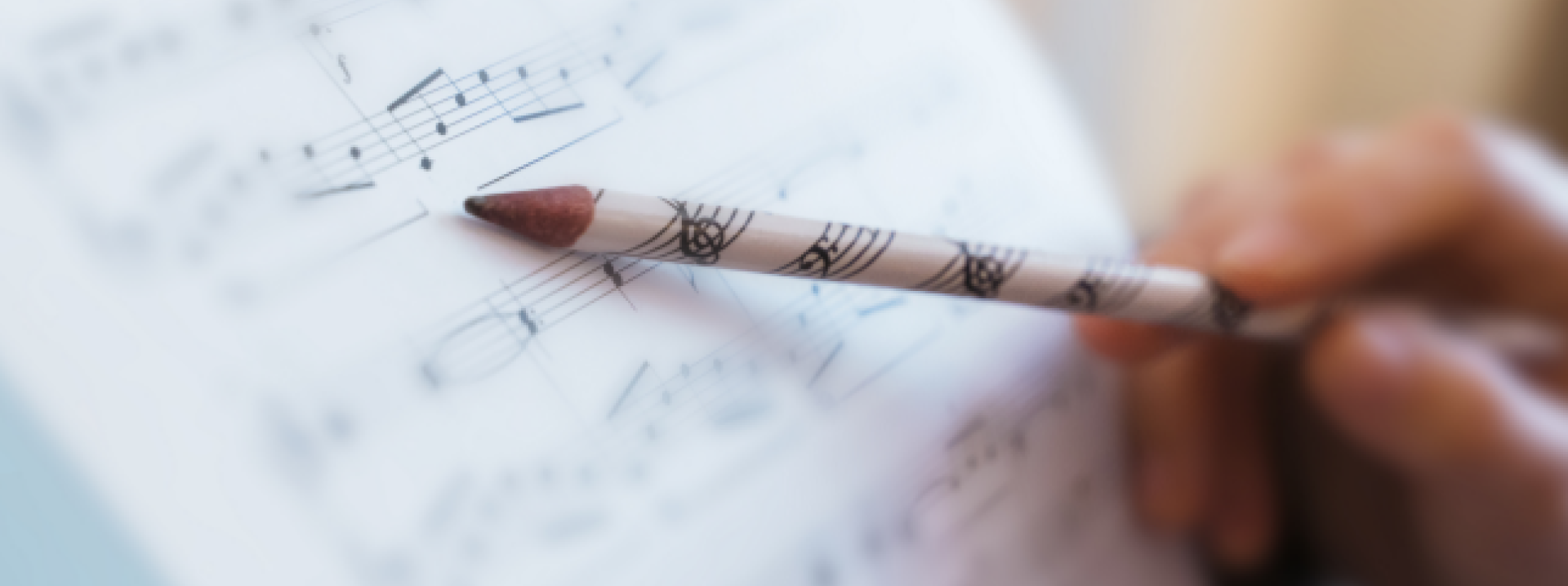Sheet music
Musical contribution - February 2015

Les Contemplations (Joseph Ascher, 1829-1869)
The composer Joseph Simon Ascher was born in Groningen, the Netherlands as the son of the cantor of Groningen’s Jewish community. When the Ascher family moved to London in 1832, Joseph’s father, Simon, went on to officiate as cantor of that city’s Great Synagogue.
It was here that Joseph received musical instruction from the eminent Jewish composer, conductor and teacher I.I. Moscheles, who had previously taught Felix Mendelssohn. It does not seem improbable that Joseph Ascher was able to enroll at the Conservatory of Music in Leipzig because of his connection to Mendelssohn, the Conservatory’s founder.
Following his graduation, Joseph settled in Paris, where his talent was soon noticed and he was appointed pianist to the court of the French Empress Eugénie in 1849. He also became a frequent guest at the royal courts of Austria and Spain and received a royal honor from the former Spanish Queen Isabella II.
He returned to London toward the end of his life and passed away there at the age of 40. Ascher’s musical legacy includes more than 100 works with Opus numbers and at least 40 unnumbered compositions.
His piece Les Contemplations was originally composed for piano and later adapted for the organ by the English organist William Joseph Westbrook. What is known as the ternary (ABA) form can be clearly recognized in this composition, and the dulcet melody of the first section (bars 3 to 18) is repeated in bar 35. If the middle section (bars 19 to 34) is played on a single keyboard, we recommend the use of solo stops in the first and last sections.
The piece is meant to be played at an Andante tempo. Following the “con moto” instruction won’t take a lot of effort, as this romantic melody lends itself very well to this style of playing. We hope you enjoy the work of this great Dutch composer!
Yours truly,
André van Vliet